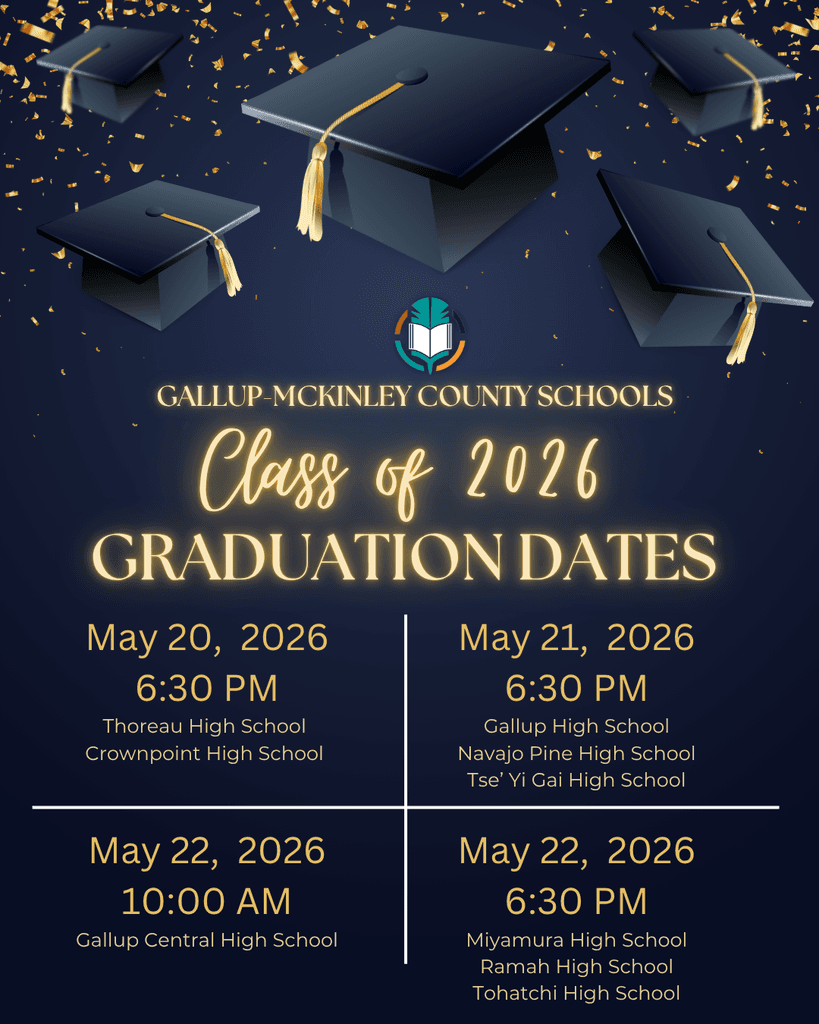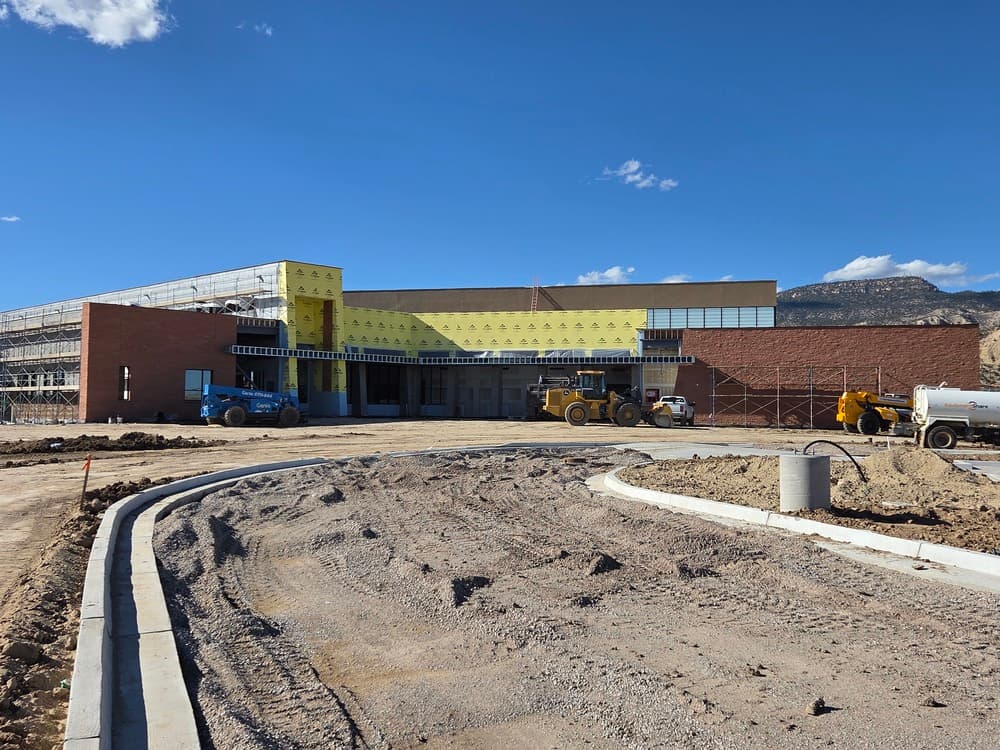GMCS Hosts College and Career Fair, Focuses on Equity and Access
The Gallup McKinley County Schools held a district College and Career Fair on November 18 at Miyamura High School, offering two sessions and free lunch to help students explore higher education and job training options. The event and related family STEM activities aim to expand opportunity in McKinley County, while raising questions about access for families who face transportation and digital barriers.

Gallup McKinley County Schools convened a College and Career Fair on Tuesday November 18 at the Miyamura High School gym, bringing college representatives and career programs to a single local venue to meet area students. The district scheduled two sessions, from 8:30 to 10:30 AM and from 12:30 to 2:30 PM, and provided lunch for participants. Registration for the event closed on November 14 and was conducted through a flyer QR code according to district live feed postings between November 10 and November 18.
The fair joined a string of district outreach events that week, including a family STEM night at the Explora informal science center hosted at Chief Manuelito Middle School on November 13. District officials used the live feed to promote the career fair family STEM night and other activities during the November 10 to November 18 posting window, signaling a coordinated push to connect students and families with postsecondary and workforce pathways.
For McKinley County residents the fair matters beyond college brochures. Access to information about higher education and vocational training can influence long term economic stability, which in turn affects health and well being. Local access to college admissions advisors, trade program recruiters, and career training organizations creates opportunities for students to map pathways into stable employment and into health sector careers that are in demand regionally. Students who can see and plan for postsecondary steps are better positioned to pursue jobs that support family health, housing stability, and access to medical care.
At the same time, the event highlights persistent barriers that many families in the county face. Relying on QR code registration may leave out households without reliable internet access or smartphone data. Transportation to centralized events remains a challenge for rural families and those with limited resources. The district providing lunch helped reduce one immediate barrier to participation. Ensuring equitable reach will require continuing attention to how events are announced, how families can register, and how programs follow up with students who cannot attend in person.
This fair fits into broader conversations about workforce development and health equity in the region. Expanding local pipelines into education, trades, and health careers can help address staffing shortages in clinics and schools while also improving economic prospects in communities that experience significant disparities. Community partners and policymakers can build on events like the GMCS fair by funding sustained outreach, improving broadband and transit access, and supporting school based programs that link students to apprenticeships and scholarships.
The district posts and event schedule show a deliberate effort to bring resources into Gallup and surrounding communities. Continued attention to equitable access will determine whether those resources translate into real opportunities for the students and families of McKinley County.

